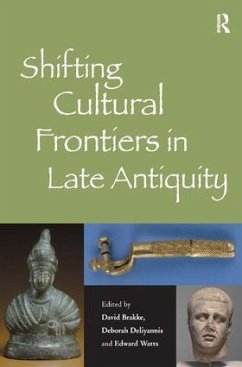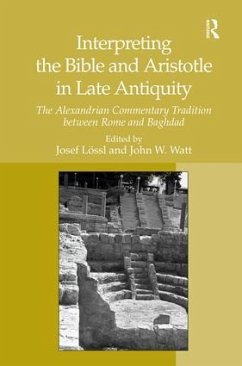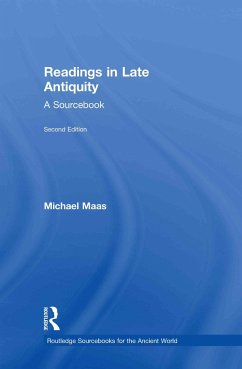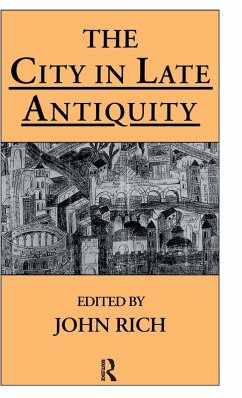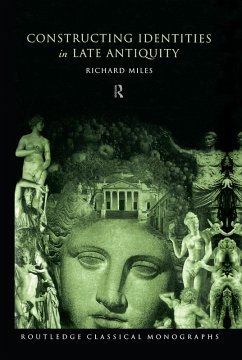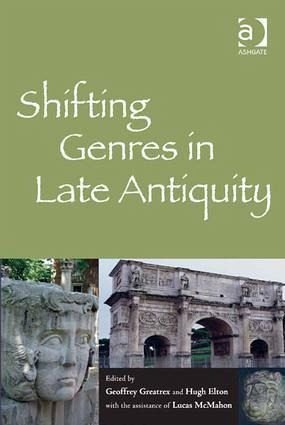
Shifting Genres in Late Antiquity
Versandkostenfrei!
Versandfertig in 1-2 Wochen
169,99 €
inkl. MwSt.
Weitere Ausgaben:

PAYBACK Punkte
85 °P sammeln!
This volume examines the transformation that took place in a wide range of genres in Late Antiquity. Aspects of sacred and secular literature are discussed, alongside chapters on technical writing, monody, epigraphy, epistolography and visual representation. What emerges is the flexibility of genres in the period: late antique authors were not slavish followers of their classical predecessors, but were capable of engaging with existing models and adapting them to their own purposes.





